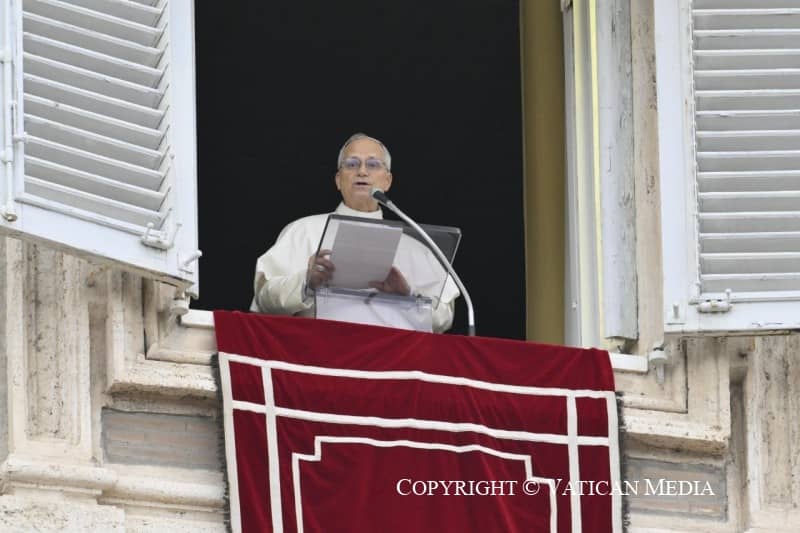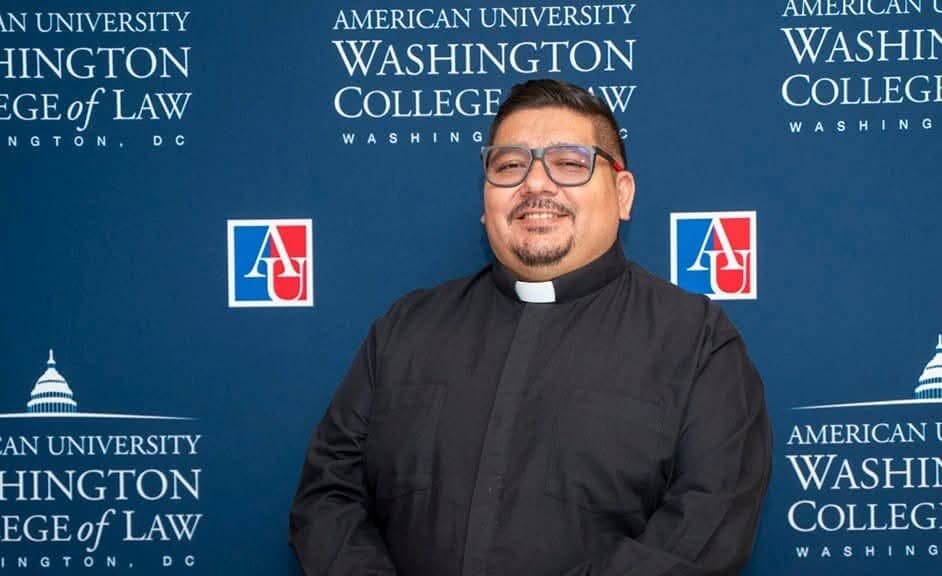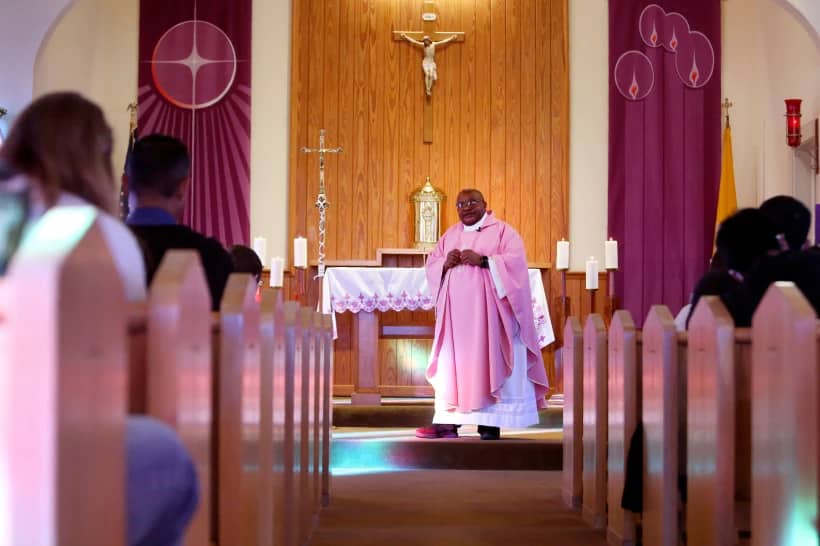LEICESTER, United Kingdom – Catholic and Anglican bishops are supporting an amendment to the Victims and Prisoners Bill currently in the UK’s House of Lords.
Bishop Richard Moth, the Lead Bishop for Prisons for the Catholic Bishops’ Conference of England and Wales, and Bishop Rachel Treweek, Anglican Bishop for Prisons, issued a joint statement saying the proposed change will help society understand the “devastating consequences” that the imprisonment of a primary caregiver can have on a child.
Amendment 172 would require the central collection and publication of data identifying the number of primary carers in prison and the number and age of their children.
The Bill is being proposed by Lord Michael Farmer – the former treasurer of the Conservative Party – and supported by the Bishop Rachel Treweek of Gloucester and Labour Peers Lord Frederick Ponsonby and Baroness Glenys Thornton.
The amendment is due to be debated on March 12, and the bishops say that given the absence of any systematic recording and reporting of the number of children affected by imprisonment “and the compelling evidence that the imprisonment of a primary carer can have devastating consequences for the development of a child, we believe that such an amendment is both necessary and proportionate to inform our criminal justice policy in an area of great and growing social concern.”
The Ministry of Justice commissioned Farmer to carry out two reviews on the importance of families and other relationships to prisoners’ rehabilitation. Farmer noted the Ministry of Justice’s own research shows that for a prisoner who receives visits from a family member, the odds of reoffending are 39 percent lower than for those who do not.
Farmer said the first report, on male prisoners, found an unacceptable inconsistency of respect for the role families can play in boosting rehabilitation and assisting in resettlement across the prison estate.
He emphasized a very simple principle of reform that needs to be “a golden thread running through the prison system and the agencies that surround it…that relationships are fundamentally important if people are to change.”
Recommendations from this first review all pushed towards ensuring prison governors, management teams and prison officers of all ranks, as well as the voluntary sector organizations that work in prisons, were better able to work together to help families and prisoners keep in touch and strengthen their relationships.
Farmer’s second report on female offenders recommended ways to ensure they could continue in their roles as primary caregivers and sustain or build other supportive relationships – whether they were in prison, serving sentences in the community or diverted away from the criminal justice system and into rehabilitative services.
“Issues around women’s relationships directly affect their likelihood of reoffending significantly more frequently than is the case with men,” the former Conservative treasurer said.
“They have often experienced abuse and trauma which can profoundly impact their ability to develop and sustain healthy, trusting relationships, and this abuse can be ongoing. Therefore, it is essential to know which relationships are ‘rehabilitation assets’ in the life of a female offender and which are toxic,” Farmer continued.
In their statement, bishops said, as Christians, “we share a common calling to care for all those affected by crime and punishment, including those who have been victimized.”
“Substantial research has revealed that children affected by the imprisonment of a primary carer are hidden victims of the criminal justice process, especially in the most common cases where their mother has been sent to prison,” the bishops’ statement says.
“A mother’s imprisonment is often a profoundly disruptive and traumatic experience affecting all aspects of a child’s life, regardless of the age of the child or the length of the sentence, while the rupturing of relationship between a prisoner with primary caring responsibilities and those in their care can itself be a significant stumbling block to rehabilitation,” the statement continues.
The bishops note that although voluntary organizations – such as the Prison Advice & Care Trust – do much valuable work in maintaining healthy connections between prisoners and their families, “the scope and scale of the challenge of parental, particularly maternal, imprisonment surely requires a much greater response.”
“Although the catastrophic impact of maternal imprisonment on children and the importance of family relationships in reducing reoffending have previously been highlighted by the Corston Report and the Farmer Review, there are still more than 17,500 children estimated to be separated from their mothers in prison,” the bishops say.
“By gathering more accurate information on the number of children in such cases, we can better inform an integrated approach across Government, HMPPS [HM Prison and Probation Service], local authorities and voluntary organizations to address the complex needs of such children and their imprisoned primary carers whose voices have been unheeded for too long,” the statement continues.
“In the midst of his public ministry, Christ reminded us to ‘let the little children come to me and do not hinder them, for to such belongs the kingdom of heaven’ (Matthew 19:14). The inherent dignity of children and their need for care in vulnerable situations is paramount to Christian teaching and underpins our support for this amendment,” the bishops add.
“When we consider that 31 percent of our female prisoners and 24 percent of our male prisoners were themselves taken into care as children, we can see that caring for children, especially those affected by imprisonment, is critical for the flourishing of all within our communities,” say Moth and Treweek.
Follow Charles Collins on X: @CharlesinRome















